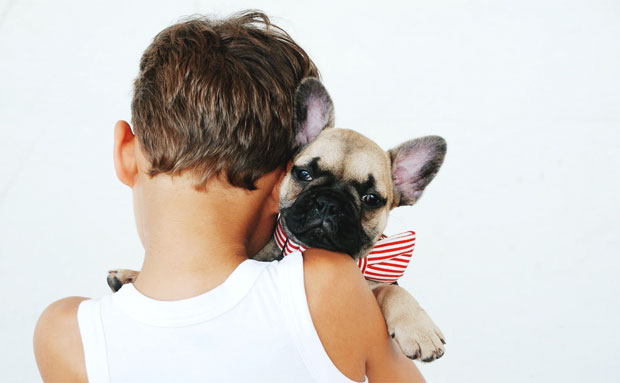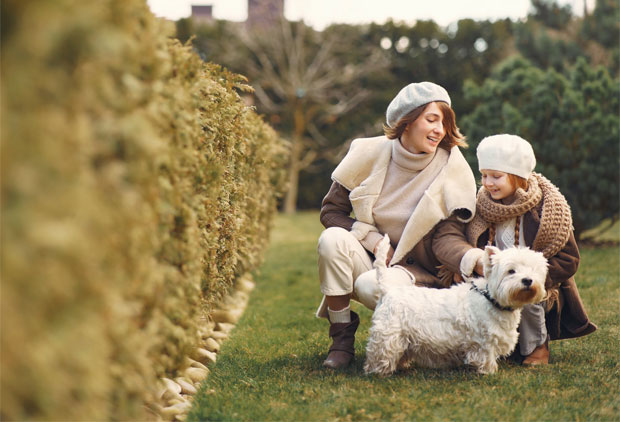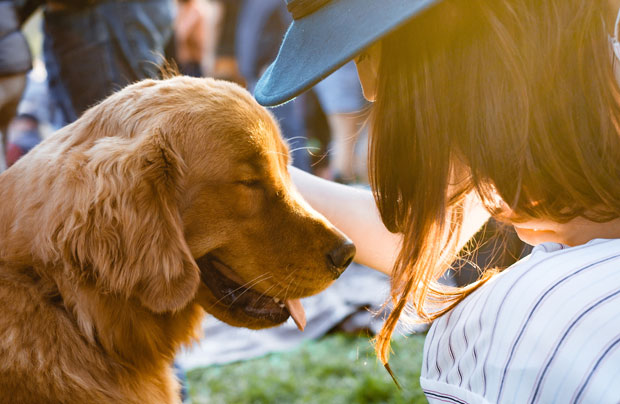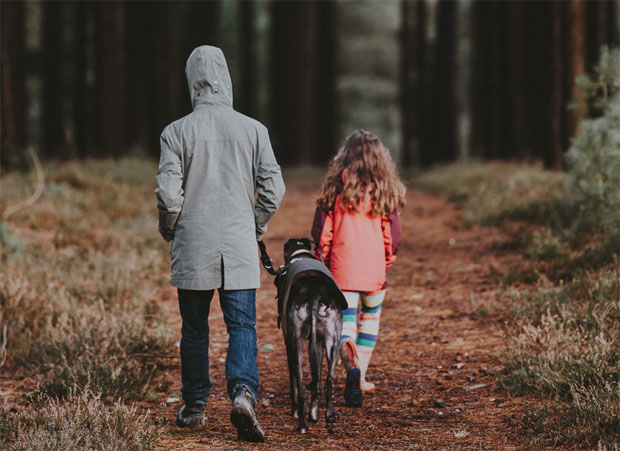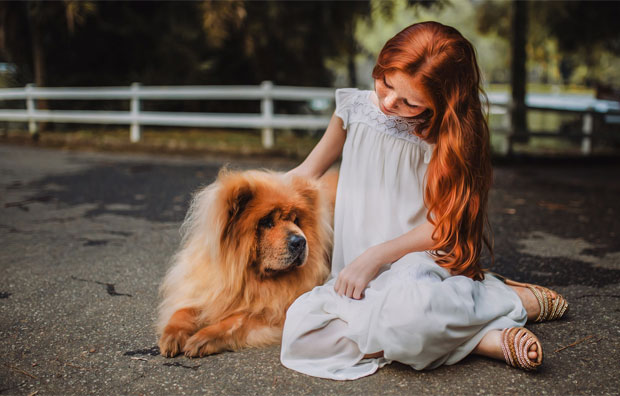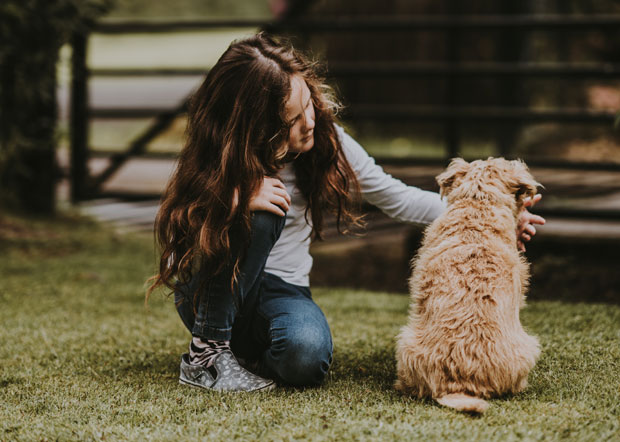Teaching Your Child Responsibility Through Pet Ownership
Teaching Your Child Responsibility Through Pet Ownership
Having a pet at home has more advantages than disadvantages. Getting an animal to take care of also teaches children a sense of responsibility. Likewise, pet cats and dogs have lots of things to gain from their little owners. Animals enjoy the company of kids who have tons of energy to play with and warm bodies to cuddle.
So, if your kids ask for a dog, you must be able to explain their responsibility to own one. Firstly, they must understand that it is a permanent obligation even when the pup gets old. Secondly, they can be part of the decision-making on what size and breed to choose and what name to give.
Adding a furry family member is an excellent way to teach your kids how to nurture, love, and take care of another living creature. Pet ownership can teach your child lots of things!
What Pet Ownership Can Teach Kids
Children are generally focused on their world and are concerned with their needs before others. But, having a dog in your home can change all of this. The well-being of another living animal will be in your and your child’s hands. Hence, hard work and commitment are the two things that must come from you and your kids.
However, there are also other things you need to consider before getting a pet dog. It includes how much time and money you can devote to it. You and your child must be ready to take in this new member of the family. But, above all of these challenges, the rewards of owning a furball are priceless. Here are what your children will learn in owning a pet.
- Responsibility
One of the essential skills a child can learn from having a pet is responsibility. There are many things that pets regularly require, as follows:
- Food
- Water
- Bath
- Grooming
- Exercise
- Bathroom Time
- Love and Affection
- Compassion
Understanding how to take care of a pet is also learning how to be kind to others. Children begin to realize that other living creatures also have basic needs that they have to fulfill. They also develop self-esteem, knowing that they can take good care of an animal. Thus, they feel more confident in accomplishing other tasks in the future. Children also learn about patience, especially when teaching dogs new tricks.
- Trust
Another skill your child can learn from having a pet is building trust. Dogs provide unconditional support and confidence when a kid is upset, sad, or angry. Children begin to trust their pets that they can depend upon during these difficult times. It will help kids to develop trust when it comes to other relationships as well.
Kids’ Responsibilities in Pet Ownership
More than just telling everyone that you have a dog, teaching kids the right way to take care of pets is also a fur parent’s responsibility. Encourage children to take part in the daily routine of providing for your canine babies. It is wise that you expose them at an early age about their obligation when you have pets in your family home.
- Food
Giving pets food is the most natural pet care lesson a child can learn. Children are aware of the feeling of being hungry and how to relieve that hunger. Allowing children to give a bowl of treats will show them that what they’re doing is essential to the animals.
They must also learn about animal boundaries when they are eating. This way, kids will also learn about respect. Moreover, tell them that feeding the dogs is not a one-time engagement, but a routine they need to fulfill.
- Personal Care
It includes bathing, grooming, brushing the coat, and teeth. Children who help do all of these to animals can reinforce their view of other people’s personal care. If dogs and cats need to stay clean, they will understand that they need to, too.
These pet grooming activities are also beneficial to your child’s physical development. Regular brushing of a pup’s coat can help your child’s arm develop muscles. Walking outside is an excellent form of exercise both to your child and pet.
However, kids must understand that they must do all these things, not only when it is convenient for them. Instead, it is round-the-clock care that they must perform even if they want to do something else. It includes changing the litter box whenever necessary, or a bathroom break outside even when it is already dark.
As a parent, don’t think that young children cannot help in taking care of your pets. Kids as young as five years old, with adult supervision, can begin to learn simple tasks. Praise your kids for every contribution they make. Finally, be a role model. Children will emulate what their parents do, knowing that what they do matters. Subsequently, it will encourage them to contribute more and accomplish critical tasks.
- Medical Care
Bringing along your kids when the dog gets medical attention will help them understand that attending to a sick pet is essential. The scheduled visit to the veterinarian will become an obligation to ensure the dog’s health condition.
You can also let them help when treating the dog on simple wounds or injuries. They can prepare the gauze or give them the pre-formulated medicines for your pet. These simple acts will promote empathy since they know how it feels getting sick or injured. They will understand that their responsibility is not limited to happy moments only. But, they also need to step up when the unexpected and not-so-pleasant situation occurs.
- Attention
Kids might think that pets are just like toys that they can play with only when they want. They must learn that animals are living things and not just a toy that they can get rid of when they get tired of it. It teaches them the commitment of paying attention to the needs of others before their own.
Spending time with their pets will make them understand that their responsibility involves paying attention and giving love to a dog. Kids need love and care from their parents. Children will learn that their pets need the same things. Providing love and affection works both ways. Children and animals benefit from the undivided attention and sincere love they give to one another.
Conclusion
The ultimate responsibility of taking care of a pet lies in the hands of the parents. However, sharing the pet ownership responsibility with your kids is vital. Children will learn that their love and care matter not only to their pets but also to other people.
Guest Article.

